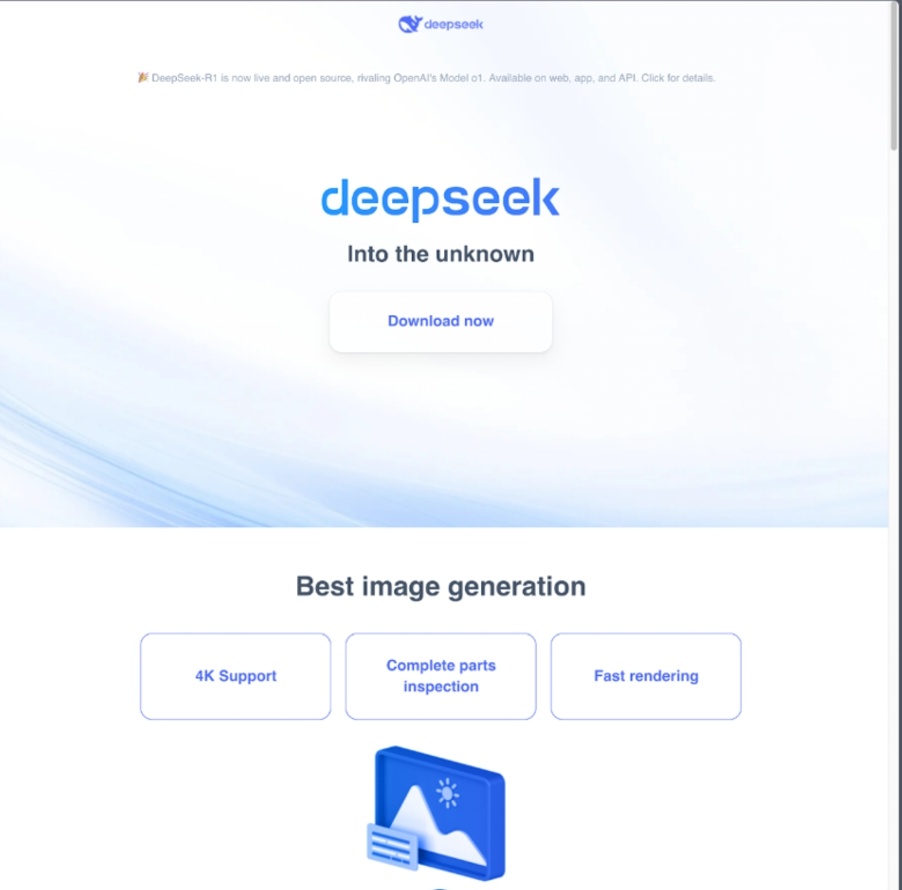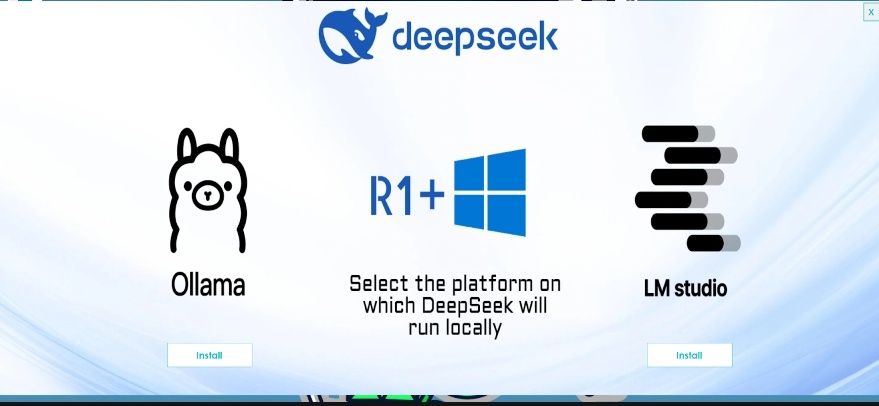Fake AI Assistant App Distributes New ‘BrowserVenom’ Malware, Steals User Data

Cybersecurity researchers at Kaspersky’s Global Research & Analysis Team have uncovered a malicious campaign targeting users with a fake DeepSeek-R1 large language model (LLM) desktop app, which installs a newly discovered Trojan dubbed “BrowserVenom.” The malware hijacks web traffic to steal sensitive user data, including login credentials and personal information.
The attack is delivered through a phishing website disguised as DeepSeek’s official homepage, promoted via Google Ads. Victims from Brazil, Cuba, Mexico, India, Nepal, South Africa, and Egypt have already been affected, according to Kaspersky.
AI Tool Popularity Used as a Lure
DeepSeek-R1 has gained popularity as a high-performance, open-source LLM that can run offline using tools like Ollama or LM Studio. Cybercriminals are now exploiting this demand by masquerading as legitimate sources of these tools to distribute malware.
When users searched for “DeepSeek R1,” they were shown ads linking to a fraudulent website, which mimicked the genuine DeepSeek platform. Upon visiting the site, Windows users were prompted to download an “offline installer.” After completing a CAPTCHA, a malicious file was downloaded, offering the choice to install Ollama or LM Studio. Both options included legitimate software bundled with malware.
> “While running large language models offline offers privacy benefits, it can come with substantial risks if precautions aren’t taken,” said Lisandro Ubiedo, Security Researcher at Kaspersky. “Cybercriminals are capitalizing on the growing use of open-source AI tools to spread malware disguised as trusted software.”
Browser Hijacking via Malware
The Trojan, BrowserVenom, requires administrator privileges to execute. Once installed, it configures the system’s web browsers to use a proxy server controlled by the attackers, enabling them to monitor all browsing activity and intercept sensitive data.
The malware cleverly bypasses Windows Defender using a custom evasion algorithm. Non-Windows users were not targeted during the campaign, according to Kaspersky’s report.
Protection Tips from Kaspersky
To avoid falling victim to similar attacks, Kaspersky advises users to:
Verify website URLs carefully before downloading software.
Only download AI tools like Ollama and LM Studio from official sources (e.g., ollama.com, lmstudio.ai).
Avoid running Windows user accounts with administrator privileges by default.
Use trusted cybersecurity solutions to detect and block malicious files.

